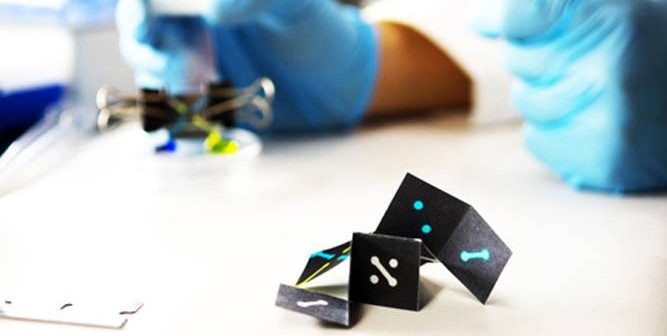Researchers at the Moscow Institute of Physics and Technology’s Laboratory of Nano-optics and Plasmonics (MIPT) in Russia have developed a highly sensitive, compact, and nano-mechanical chip that is apparently capable of identifying tumor markers that lead to the growth of cancerous tumours. The chip is also said to be able to detect HIV, hepatitis, herpes and other diseases much faster than other conventional methods can. One chip is several millimeters big, and can accommodate several thousand sensors that have been configured to detect a variety of particles and molecules.
The researchers have specified that the chip combines “high sensitivity with a comparative ease of production”. Its small dimensions render it very versatile, and as such, it can be easily integrated into portable devices, like smartphones and wearable electronics.
It is said that the price of the chip is pending, and will most likely depend on the number of sensors that it ultimately contains. However, it has been estimated that it will be more affordable than competing chips.
The researchers have said that they believe that this invention will catalyze the beginning of an entirely new generation of diagnostics. One specifically noted: “We’ve been following the progress made in the development of micro and nanomechanical biosensors for quite a while now, and can say that no one has been able to introduce a simple and scalable technology for parallel monitoring that would be ready to us outside a laboratory. So our goal was not only to achieve the high sensitivity of the sensor and make it compact, but also make it scalable and compatible with standard microelectronics technologies.”





